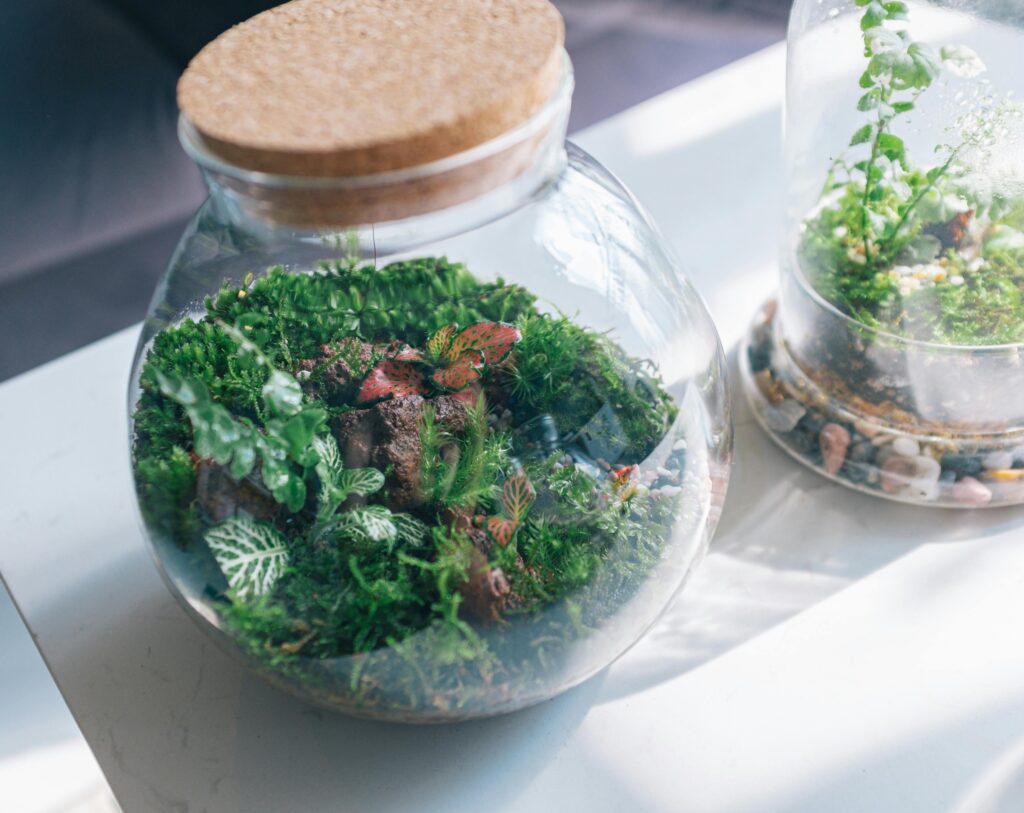
A terrarium is a miniature rainforest inside of artisan glass. Not everyone has the space to maintain plants in their apartment, but owning a terrarium comes with numerous benefits. Today, we’ll discover why people love terrarium plants and learn about the benefits they provide.
Discover 7 Best Plants for Your Mental Health
Research conducted by the Department of Horticulture Sciences in Korea highlights the significant impact of houseplants on mental health. Active interaction with indoor plants has been proven to reduce both physiological and psychological stress levels, offering a natural remedy for daily stressors. Let’s explore the top plants backed by scientific studies that can enhance your well-being:
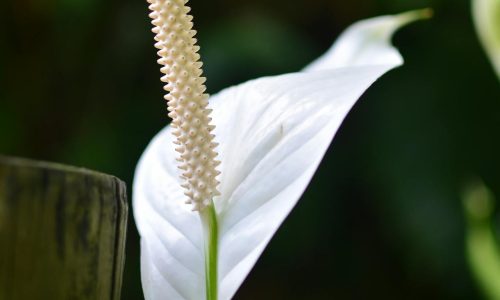
Peace Lily
To improve your work-life balance, consider growing Peace Lilies. Not only do they act as natural air purifiers, but they are also effective at removing toxins like toluene and xylene from indoor air, which are known stressors. Additionally, the presence of large foliage plants like Peace Lilies can uplift mood and promote positivity.
Lavender
To stay calm amidst the chaos, incorporate lavender into your space. Studies from the Shafa Neuroscience Research Center in Tehran indicate that the fragrance of lavender possesses anxiolytic and mood-stabilizing properties, making it beneficial for treating neurological disorders. Spending time near a lavender plant can help reduce stress and promote relaxation.
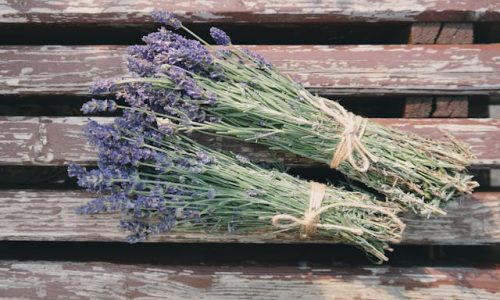
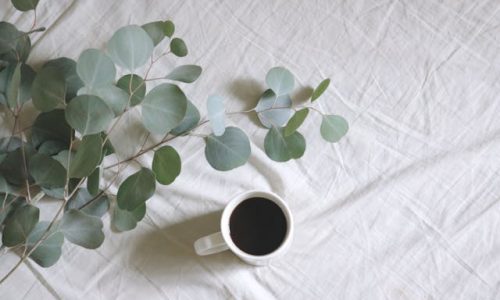
Eucalyptus
For daily appreciation and anxiety reduction, opt for Eucalyptus. Research conducted by the Department of Basic Nursing Science at Korea University suggests that the fragrance of Eucalyptus oil can lower anxiety levels. Growing Eucalyptus indoors allows you to enjoy its soothing aroma, which can be further enhanced by crushing its leaves.
Aloe Vera
Reclaim your peace of mind with Aloe Vera. Studies from the School of Traditional Medicine in Tehran suggest that the sedative effects of Aloe Vera extract can aid in achieving deep sleep, thereby reducing stress and anxiety levels. Growing Aloe Vera indoors provides access to its fresh gel, which can be used to make a soothing bedtime drink.
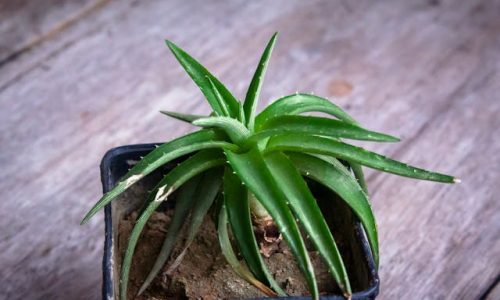
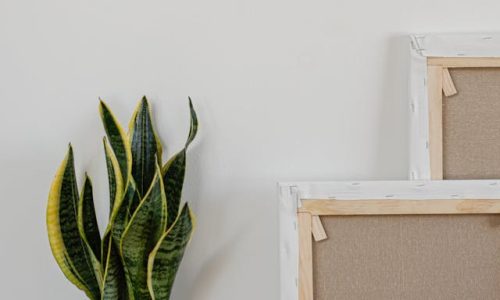
Snake Plant
During difficult times, consider growing a Snake Plant. Not only does it purify indoor air, but it also thrives in low-light conditions. Research from Harvard University Extension confirms that Snake Plants are among the most oxygen-producing houseplants, which can lead to better sleep and overall stress reduction.
Rosemary
Enhance your memory and mood with Rosemary. Research indicates that inhaling the scent of Rosemary can lower cortisol levels in the blood, reducing stress. Additionally, intake of Rosemary extract has been shown to improve mental energy and sleep quality, offering holistic support for mental well-being.
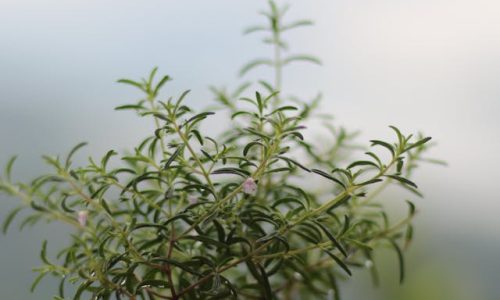
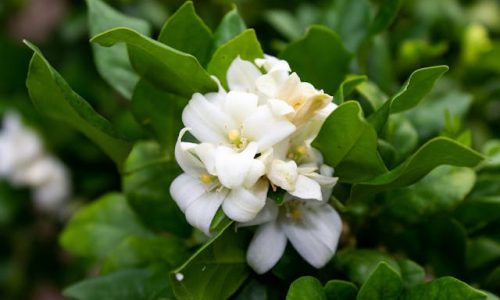
Jasmine
To alleviate panic attacks, depression, and insomnia, consider growing Jasmine. Studies have shown that the fragrance of Jasmine possesses sedative properties, making it beneficial for promoting relaxation and improving sleep quality.
These scientifically-backed plants offer more than just aesthetic appeal—they provide tangible benefits for mental health and well-being. Incorporating them into your indoor space can create a soothing sanctuary where stress fades away, and tranquility thrives.
As we explore the benefits and challenges of cultivating plants in an all-encompassing terrarium under glass, it becomes evident that nature’s wonders extend far beyond their visual allure. Terrariums offer numerous advantages, serving as a haven for plants requiring high humidity levels, which may struggle to thrive in typical home environments due to heating and air conditioning. This fosters the growth of unique and exotic flora that might otherwise be unattainable. Yet, among the lush foliage lies a common adversary: mold growth. The warm, humid environment within terrariums provides an ideal breeding ground for mold, posing a challenge to enthusiasts. However, by implementing preventative measures such as avoiding biodegradable materials and introducing beneficial organisms like springtails and isopods, one can cultivate a thriving terrarium ecosystem while mitigating the risk of mold infestation.
In understanding and addressing these challenges, we not only enrich our indoor environments with the beauty of nature but also cultivate a deeper appreciation for the intricate balance required to nurture thriving ecosystems. With thoughtful care and proactive measures, enthusiasts can revel in the serenity of terrarium gardening, knowing that their plants flourish amidst a mold-free haven.